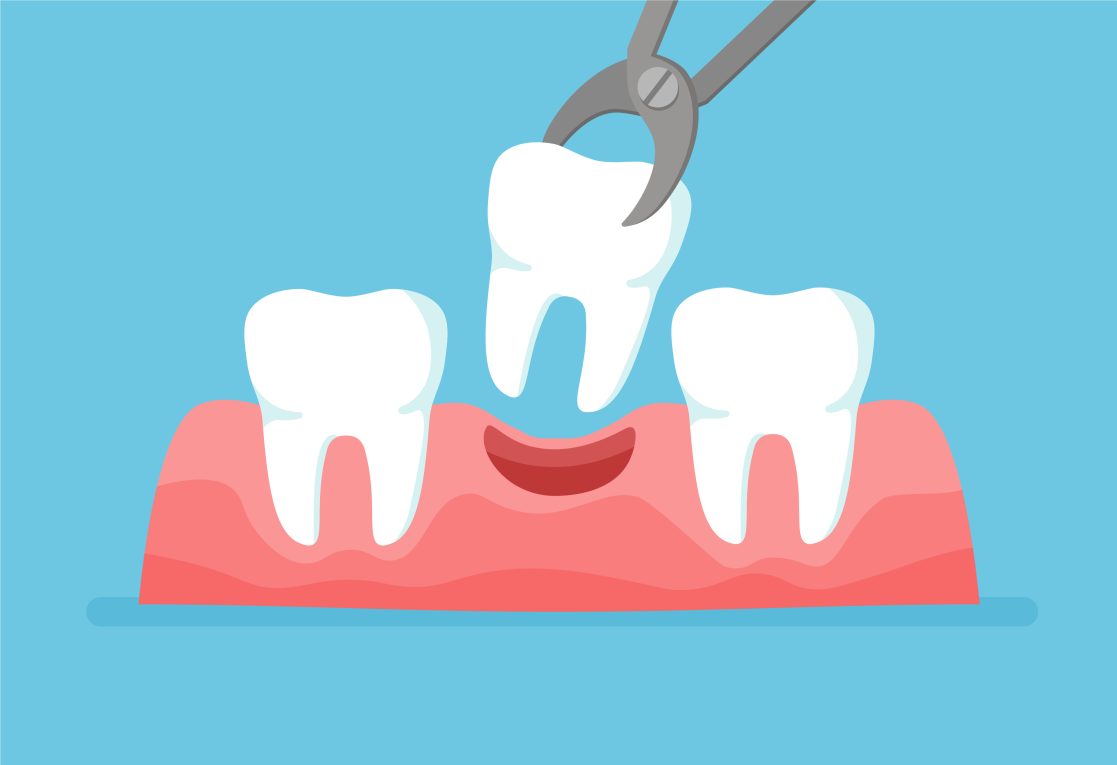Tooth extraction, or dental extraction, is a known dental procedure aimed at preserving overall oral health. It is a routine dental surgery in which the tooth is carefully removed from its socket in the bone. This treatment, which is usually carried out by a licensed dentist or oral surgeon, may be required due to factors such as extreme tooth decay, impaction, or crowding.
Although the thought of having a tooth removed can be troubling, modern dental techniques ensure that the process is as comfortable and efficient as possible.
These are the top 7 reasons that you could require dental extractions:
1. Severe Tooth Decay or Damage:
Emergency tooth extraction may be necessary when a tooth is decayed or damaged and cannot be restored with other dental treatment methods.
2. Periodontal (Gum) Disease:
Teeth might become loose due to the weakening of the supporting structures brought on by advanced gum disease (gingivitis). Tooth extraction helps manage the disease and prevent further oral health issues.
3. Impacted Teeth:
When locked in the gums or bone and do not erupt normally, wisdom teeth can cause pain, infection, and harm to neighbouring teeth and gums. Removing impacted teeth prevents these dental complications.
4. Overcrowding:
Sometimes, teeth need to be removed to create space in the mouth for proper teeth alignment, especially before orthodontic treatments like dental braces.
5. Infection:
If a tooth infection reaches the tooth pulp and doesn’t respond to root canal treatment, extracting a tooth could be necessary to stop the infection from spreading.
6. Risk of Infection:
It may be necessary to extract teeth that pose an infection risk for individuals with weakened immune systems, including those receiving chemotherapy or organ transplants.
7. Trauma:
Teeth that are severely broken or damaged due to an injury may need to be extracted if they cannot be repaired. It is done for healing and also for aesthetics purposes.
Recovery:
- Healing Time: Usually, it takes one to two weeks for the first healing phase. Depending on the case, complete healing of the extraction site can take a few months.
- Pain Management: Over-the-counter pain relievers and prescribed medications can help manage discomfort.
- Follow-Up: It’s essential to see the dentist again to make sure the wound heals properly and to handle any other dental problems.
Conclusion:
To avoid the need for tooth extractions, it’s essential for people to maintain frequent dental check-ups and follow good oral hygiene habits, like brushing their teeth twice a day, in the morning and before going to bed, with fluoride toothpaste and flossing daily to remove plaque deposits and debris from between teeth.

